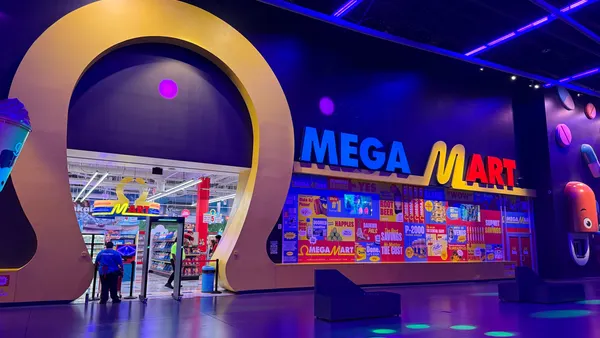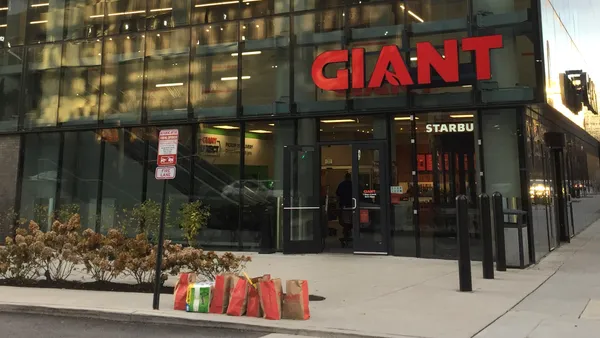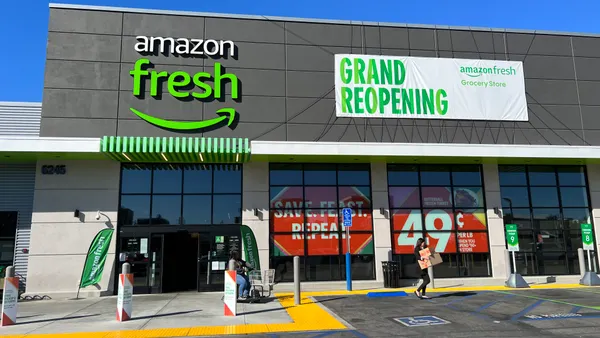Dive Brief:
- Plant-based protein alternatives won’t replace traditional meat due to a rise in flexitarian diets, which involves occasionally eating meat-free meals but still consuming animal proteins, according to new research from Nielsen. In fact, 98% of alternative meat buyers also buy meat.
- Flexitarians account for 37% of alternative protein buyers, while 21.6% of all U.S. households reported purchasing plant-based swaps. Flexitarians also spend $643 on meat every year, $165 more than the average meat purchaser.
- Meat sales hit $95 billion last year, whereas plant-based protein alternatives totaled only $893 million, which could be attributed to the newness of products and the fact that only 5% of U.S. households are vegan or vegetarian.
Dive Insight:
Although plant-based protein has been one of the hottest subjects in the food industry lately, Nielsen’s research shows that meat eaters aren’t making a permanent switch to protein alternatives anytime soon. Some 60% of survey respondents believe that having a healthy balance of plant-based foods and animal-based foods is important.
Plant-based protein is still a relatively new segment, and with its meteoric growth lately, it could eventually capture more sales from traditional meat. The study revealed that 62% of consumers are willing to eat less meat due to environmental concerns, while 43% said they would swap out their traditional meat for plant-based alternatives.
Traditional meat remains the most affordable protein on a price per gram unit level, according to Nielsen, with meat alternatives averaging 10 cents per gram while beef is four cents per gram and chicken, pork, and turkey are roughly two cents per gram. Alternative protein companies will not only need to invent new protein replacements to keep people interested, but they’ll have to figure out how to drop the prices.
Plant-based meat could see major growth potential if manufacturers can make it to the deli, which is seeing 31% dollar growth within the overall meats sales. Sandwiches and ready-to-eat meat are attracting convenience-focused consumers now more than ever, but creating plant-based deli meat alternatives that are realistic replacements may not be an easy task with existing plant-based manufacturing technologies.
The options in plant-based meat remain limited at grocery stores. So far, plant-based meat has focused on replacing ground meat, which is a fairly easy texture to replicate. Beyond Meat sells plant-based burger patties and recently added sausage and a ground meat alternative sold in one-pound bricks, while Impossible Foods has struggled to get its product on store shelves. Some grocers are having trouble figuring out where to place plant-based alternatives in their supermarkets, unsure of whether it belongs with other vegan and vegetarian products or if it should be placed in the meat case.













